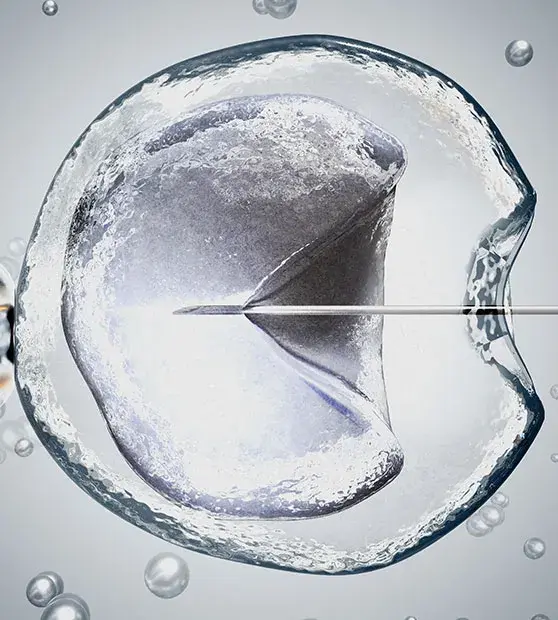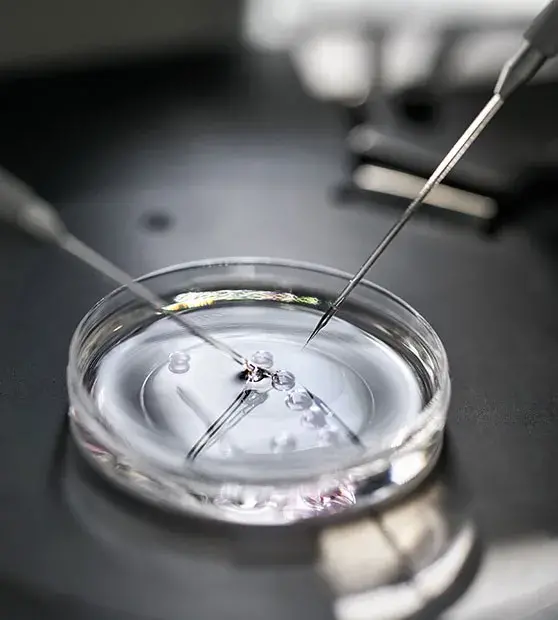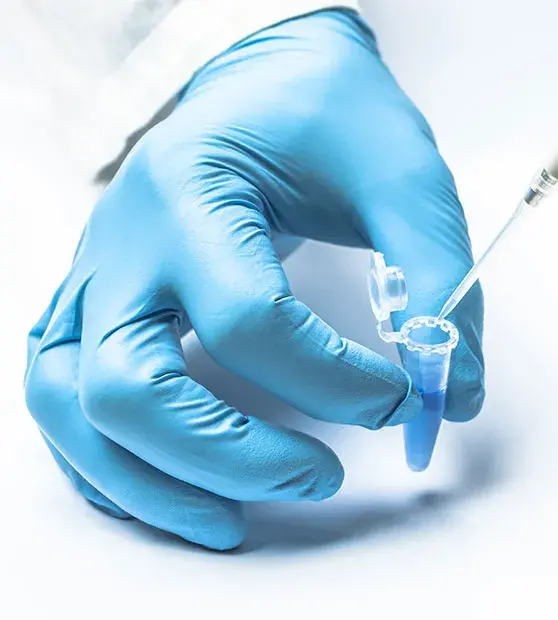Hormone Level Imbalance
Hormones play a significant role in human health. Hormonal imbalance can cause several medical conditions, including infertility. Hypo and hyperthyroidism (high or low thyroid function), hyperprolactinemia (increased levels of the milk-producing hormone prolactin), hypertestosteronemia (high male hormone levels), and luteal phase defect (low progesterone levels in the second half of the cycle) are few examples of hormonal imbalance.
What are the important female hormones and their functions in fertility?
Estrogen, progesterone, luteinizing hormone (LH) and follicle stimulating hormone (FSH) play a key role in female fertility.
- Estrogen: It is released from growing follicles in the ovaries. It helps in bone formation, maintains cholesterol levels, and forms secondary sexual characteristics such as pubic hair, breast, etc. An optimal level of estrogen in the body helps to maintain optimal fertility. Low estrogen levels can prevent ovulation and will not produce a follicle.Estrogen causes the thickening of the uterus lining and prepares the uterus for pregnancy. However, the uterus lining remains thin due to a lack of estrogen and unable to support a pregnancy.
- Progesterone: It has a crucial role in reproduction. Progesterone deficiency in women can have trouble with premenstrual spotting and conceiving. Progesterone is involved in various functions in the body during ovulation, conception, and pregnancy. It also supports the development of an embryo.
- LH:It is released from the pituitary gland and regulates the menstrual cycle and ovulation. High estrogen levels stimulate the production of LH.
- FSH: It regulates the growth and development of the human body and controls reproductive processes. FSH stimulates follicles in the ovary to grow and prepares for ovulation.
What are the important male hormones and their functions in fertility?
Testosterone, estrogen, LH and FSH play a significant role in male fertility.
- Testosterone: It is released from testicles and essential for developing the testis, prostate, and secondary sexual characteristics of a man. It has a crucial role in libido, sexual arousal, erection, etc.
- Estrogen: Low level of estrogen is responsible for reduced sexual function. Excess estrogen can cause erectile dysfunction, low or lack of libido, low sperm count and lowered seminal fluid production.
- LH: It triggers the production of testosterone and important for sperm production.
- FSH: It is vital for the initiation of spermatogenesis.





